Description
Dessin préparatoire pour un peigne orné de cygnes et de nénuphars by Georges Callot printed on a T-Shirt
About the T-Shirt
Regular fit
Standard length, the fabric easily gives into movement
Casual wear
A classic, everyday option loved by our customers
Side-seamed
Constructed by sewing two parts together, creating a fitted look
The Unisex Staple T-Shirt feels soft and light with just the right amount of stretch. It’s comfortable and flattering for all. We can’t compliment this shirt enough–it’s one of our crowd favorites, and it’s sure to be your next favorite too!
- Solid colors are 100% Airlume combed and ring-spun cotton
- Ash color is 99% combed and ring-spun cotton, 1% polyester
- Heather colors are 52% combed and ring-spun cotton, 48% polyester
- Athletic and Black Heather are 90% combed and ring-spun cotton, 10% polyester
- Heather Prism colors are 99% combed and ring-spun cotton, 1% polyester
- Fabric weight: 4.2 oz./yd.² (142 g/m²)
- Pre-shrunk fabric
- 30 singles
- Side-seamed construction
- Tear-away label
- Shoulder-to-shoulder taping
- Blank product sourced from Nicaragua, Mexico, Honduras, or the US
Georges Callot (1857-1903)
Georges Callot a French artist and educator, known for his nude, allegorical, and genre paintings. He also worked as a decorative painter.
Georges Callot was born 1857 in Paris, France. Callot studied at the École des Arts Décoratifs and then at the École des Beaux-Arts with Louis-Émile Adan.
Callot first participated in the Salon in 1877. In 1890, he joined the Société Nationale des Beaux-Arts as a member. Callot taught classes at Académie Delécluse, an atelier-style art school and he was one of the main instructors.
Callot painted, La Philosophie (1903) for the Hôtel de Ville, Paris.
Georges Callot died in 23 June 1903 in Paris. His work can be found in various public museum collections including Art Renewal Center, Châlons-en-Champagne, Musee d’Orsay, among others.
In the Spanish book, Lesbianas, Discursos y Representaciones (2008), Callot is named as one of the many artists that created anti-feminist work. Other artists labeled as having anti-feminist work in the book included Eliseu Visconti, Pierre-Georges Jeanniot, Louis de Schryver, and Joseph Granié

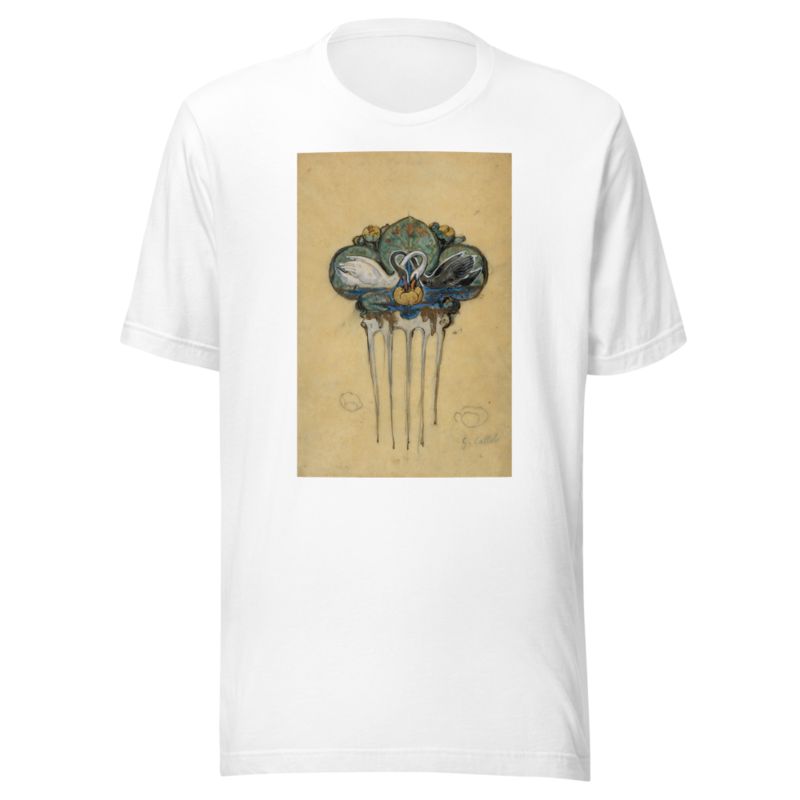
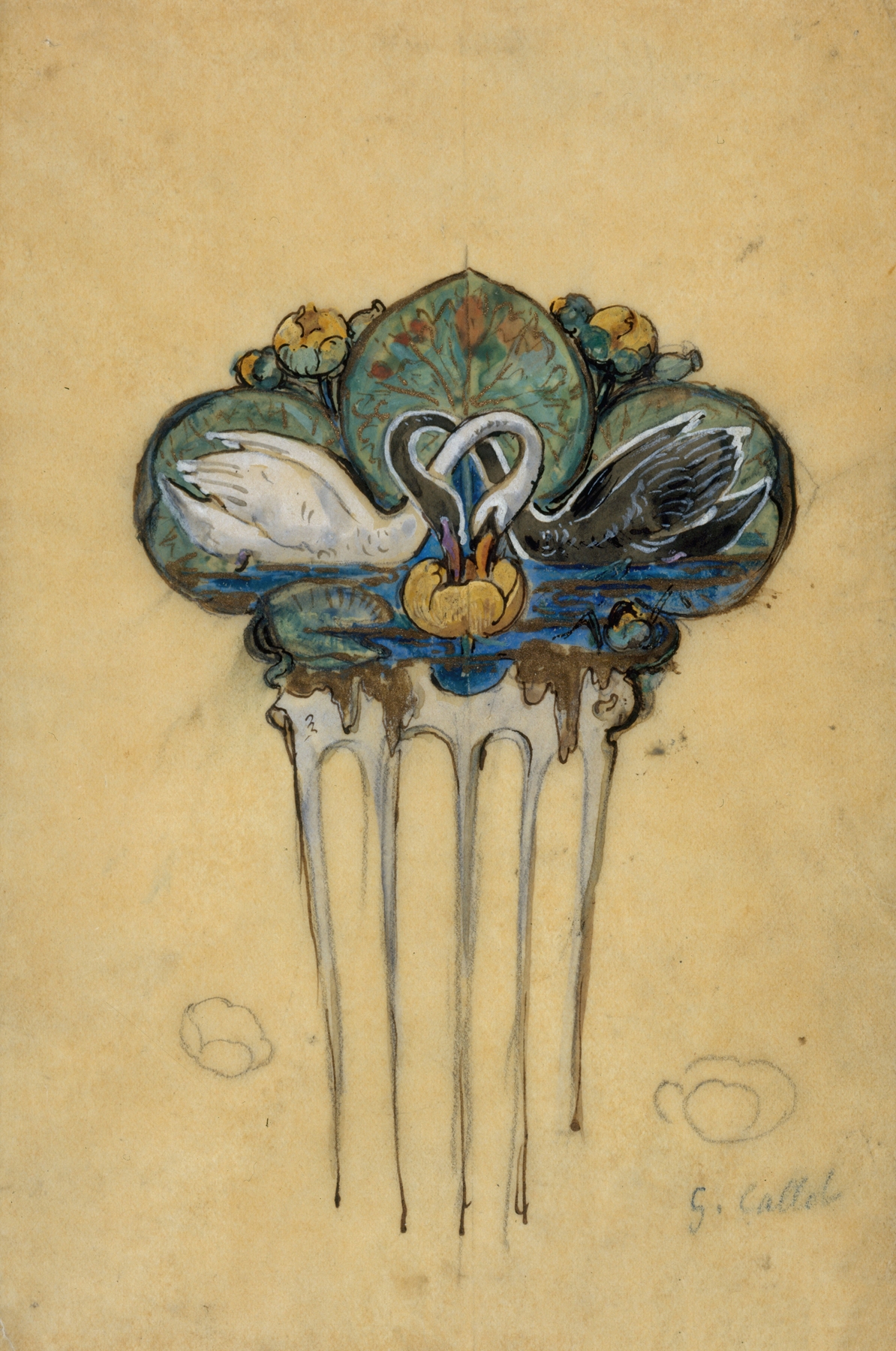
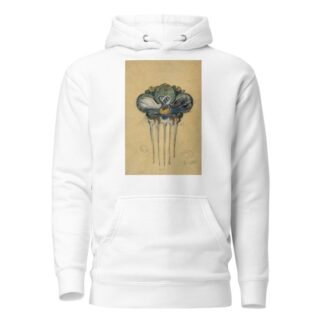
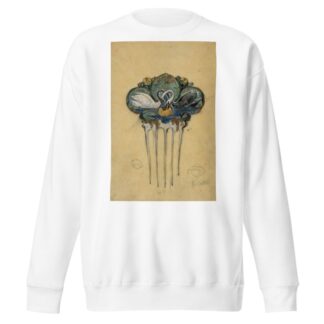
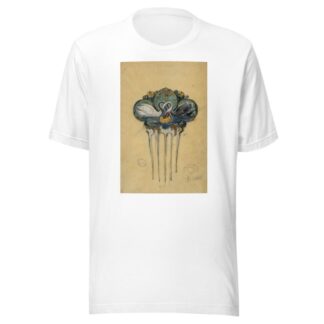
Reviews
There are no reviews yet.